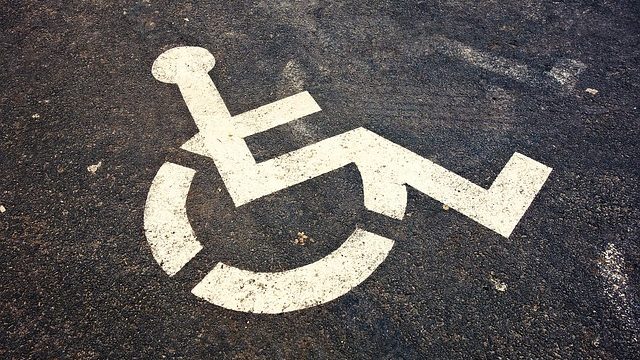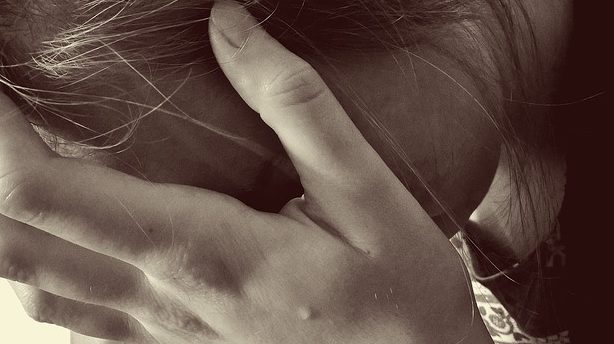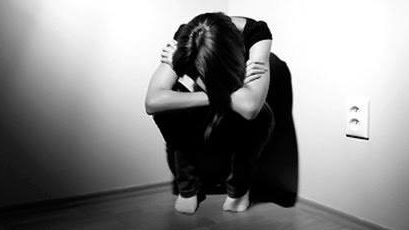Stroke Survivor
“Don’t let others limit you.”
Rebecca
A life-changing stroke left Rebecca unable to perform even the most familiar of tasks, like brushing her teeth. Every day her body struggled to access knowledge tucked away in her brain.
A life-changing stroke left Rebecca unable to perform even the most familiar of tasks, like brushing her teeth. Every day her body struggled to access knowledge tucked away in her brain.
Words often became lost on the journey from brain to mouth, and some people misinterpreted her struggles as a lack of intelligence. Rebecca’s marriage was also affected, the partnership Rebecca and Steve enjoyed before the stroke was no longer possible. All decisions rested on Steve’s shoulders as he was forced into the role of spokesperson for Rebecca and required to make medical decisions for her.
If you or a loved one have experienced a stroke, here are some thoughts to consider:
- Be patient;
Realize that recovery may take time. Work hard in rehab and trust God for the rest. Don’t allow others to put limits on your recovery.
- Keep your faith;
Keep your faith and hope to rest in God. He will help and sustain you. Trust God’s plan
- Provide encouragement
Encourage your loved one to fight for their recovery with God’s help. Steve reminded Rebecca that God was in control.
- Be an advocate for the stroke victim;
Steve spoke for Rebecca when she couldn’t find her own words.
- Take care of yourself;
Caregivers often neglect their own physical, emotional and spiritual health.
God still has a plan for your life. Rebecca has become a mentor for other stroke survivors and serves as a volunteer for the whyisthishappening.org website.
Words to Live By:
“O Lord my God, I cried to you for help, and you restored my health” Psalm 30:2 (NLT).
“May the words of my mouth and the meditation of my heart be pleasing to you, O Lord, my rock and my redeemer” Psalm 19:14 (NLT).
 Dr. Ron’s Perspective:
Dr. Ron’s Perspective:
The experience of a stroke is a frightening and traumatic life event. Experiencing a stroke utterly changes the way your life will be lived on a daily basis. Depending on the type of stroke and what part of the brain it affects, there may be physical pain, a change in your ability to move or think and emotional upset. Fear of the loss of independence is common, and post-stroke depression is also a typical reaction. Time is needed to grieve the loss of health and worries about that might continue for a while. Even though a stroke may change the way you live, it doesn’t mean you have to stop living. You can go from being a stroke victim to a stroke survivor. One way to cope is to find a support group of stroke survivors. Sharing your experience and feeling understood by others will help you. Another idea that might benefit you is to use your experience to encourage others with a similar problem. Our own emotional states are often strengthened when we help someone else who needs some support.
 Grace Notes by Philip Yancey
Grace Notes by Philip Yancey
“I believe in the resurrection primarily because I have gotten to know God. I know that God is love, and I also know that we human beings want to keep alive those whom we love. I do not let my friends die; they live on in my memory and my heart long after I have stopped seeing them” (113).
Recommended Resources:
Rebecca’s interview at the University of Michigan Aphasia Program, 3.5 months after the stroke.
Rebecca’s interview at the Calvin College Stroke Clinic, 1 year after the stroke.
Aphasia Recovery Connection (ARC)







